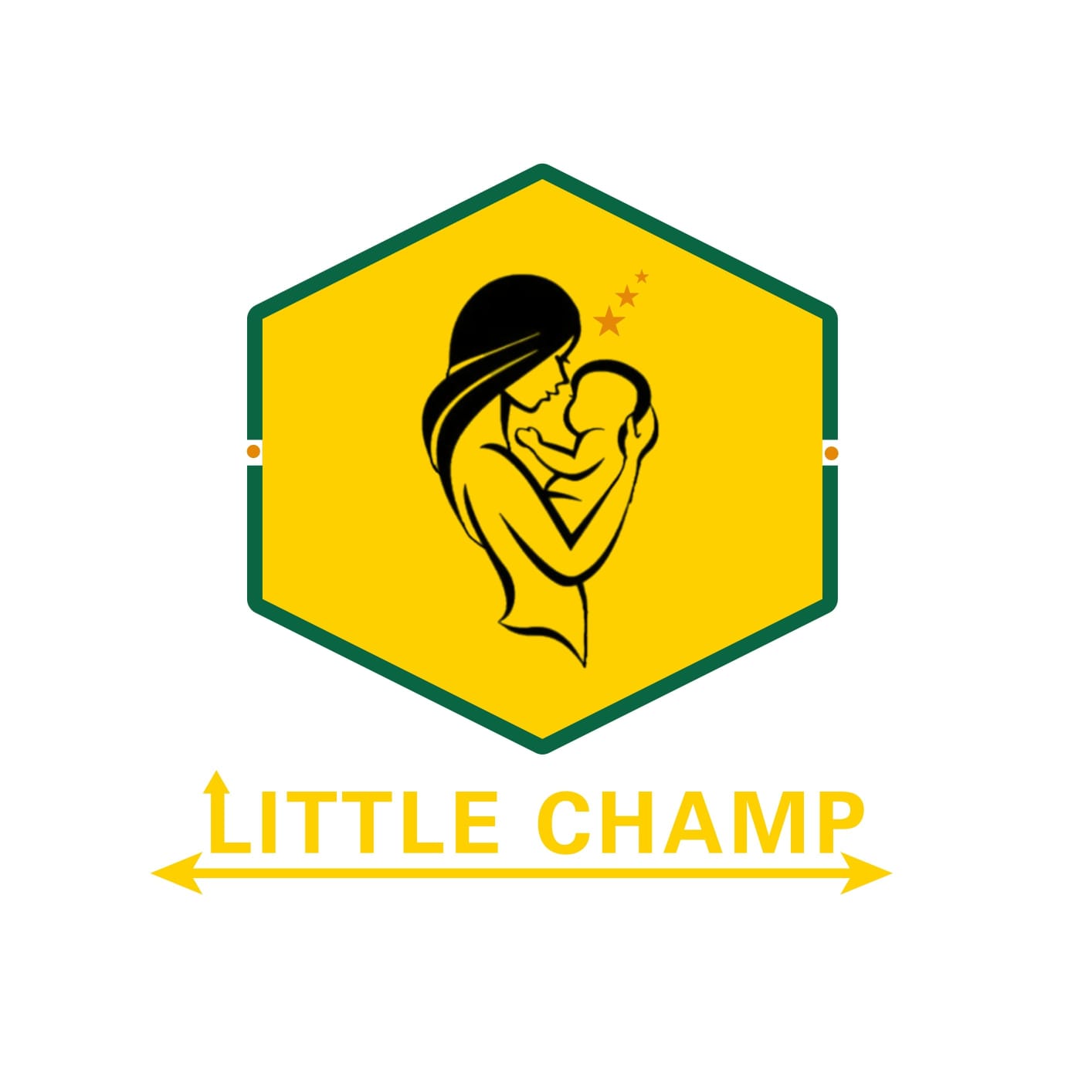+919371115577

This is your website preview.
Currently it only shows your basic business info. Start adding relevant business details such as description, images and products or services to gain your customers attention by using Boost 360 android app / iOS App / web portal.
Description
Child developmental follow-up is crucial for monitoring and supporting the growth and development of children, particularly those born preterm or with other risk factors. This follow-up involves regular assessments to ensure that children are meeting developmental milestones and to identify any delays or issues early on. Here are the main components and strategies for effective child developmental follow-up: ### Key Components of Developmental Follow-Up 1. *Regular Developmental Assessments*: - Conducted at specific intervals such as during well-child visits. Common intervals are at 1, 2, 4, 6, 9, 12, 15, 18, 24, 30 months, and annually from 3 years onward. - Evaluations focus on areas like motor skills, cognitive abilities, language development, social and emotional behavior, and adaptive skills. 2. *Growth Monitoring*: - Tracking physical growth including weight, length/height, and head circumference. - Comparing growth to standardized growth charts. 3. *Use of Screening Tools*: - Employ standardized tools such as the Ages and Stages Questionnaires (ASQ), Bayley Scales of Infant and Toddler Development, Denver Developmental Screening Test, and the Modified Checklist for Autism in Toddlers (M-CHAT). ### Specific Areas of Focus 1. *Motor Skills*: - Gross motor skills: e.g., rolling, sitting, crawling, walking, running. - Fine motor skills: e.g., grasping, holding objects, using utensils, drawing. 2. *Cognitive Development*: - Problem-solving abilities, memory, attention, and learning new concepts. - Encouraging exploration, curiosity, and play-based learning. 3. *Language and Communication*: - Receptive language: understanding words and instructions. - Expressive language: speaking, vocabulary development, forming sentences. - Encouraging talking, reading, and interactive communication. 4. *Social and Emotional Development*: - Interactions with caregivers, peers, and social settings. - Observing signs of attachment, social engagement, and emotional regulation. 5. *Behavioral Assessment*: - Identifying any behavioral concerns, such as hyperactivity, attention issues, or conduct problems. - Providing guidance and interventions for managing behavior. ### Interventions and Support 1. *Early Intervention Services*: - Physical therapy, occupational therapy, and speech therapy as needed. - Tailoring interventions to the child’s specific developmental needs. 2. *Parental Education and Support*: - Educating parents about developmental milestones and effective parenting strategies. - Providing resources and support groups to help parents manage challenges. 3. *Specialist Referrals*: - Referring to specialists such as developmental pediatricians, neurologists, or psychologists if significant concerns are identified. 4. *Educational Resources*: - Providing books, toys, and activities that promote learning and development. - Encouraging play and interactive learning. 5. *Nutritional Support*: - Ensuring a balanced diet that supports overall growth and brain development. - Consulting with nutritionists if necessary for specialized dietary needs. ### Follow-Up Schedule 1. *Neonatal Period to 6 Months*: - Frequent visits (e.g., monthly) to monitor early growth and developmental milestones. 2. *6 Months to 2 Years*: - Visits every 3-6 months to continue monitoring development and address any concerns. 3. *2 Years and Beyond*: - Annual visits, with additional visits if there are specific developmental concerns or delays. ### Special Considerations - *Preterm Infants*: Use corrected age (adjusted for prematurity) for developmental assessments until about 2 years of age. - *Children with Health Issues*: More frequent monitoring and tailored interventions based on specific health conditions or disabilities. By maintaining a comprehensive and proactive approach to developmental follow-up, healthcare providers can help children achieve their full potential and address any developmental issues early.

